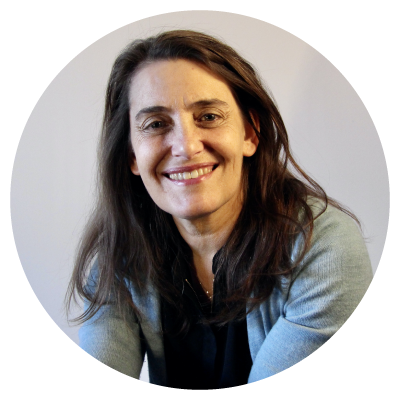In a newsletter last week, a well-known physician health expert quoted a recent US study that showed that patients could recognize physician burnout in clinical encounters. Like the self-respecting perfectionistic physician I am, I immediately searched for research about physician burnout in Canada, hoping to find the situation far less dire. My search found the opposite.
In a study of burnout in internal medicine physicians in Vancouver between August and October 2020, 2 out of 3 physicians experienced burnout, and women and physicians from ethnic minorities were more likely to report symptoms of burnout. 21% of physicians in the study were considering quitting the profession or had left. It seems like there is a fire raging in the profession.
In my coaching practice, I have noticed similar patterns when working with physicians. Many relay stories of the relentlessness of the demands, combined with working in a culture where the definition of a “good doctor” is someone who manages to take on a multitude of roles with no visible impact on their personal, professional, or family well-being. And who doesn’t want to be a good doctor?
While the solutions to physician burnout are not the responsibility of the physicians who are suffering at the hands of the system, the situation is urgent enough that physicians have to take action before there is time for the system to adjust.
I share some of the themes that we talk about in coaching in the hope that they might be helpful to those struggling to survive in practice.
What are your beliefs about saying no? Many physicians leave medical education settings believing that there are few situations where they can say no. As I type this, I notice that I struggled to write “refuse a request.” The idea that we might refuse to help seems contrary to every aspect of medical culture. There are many situations where saying no is entirely acceptable. Still, we use the thought processes used in critical clinical circumstances to decide whether we will say yes or no.
When you receive the next non-critical request, ask yourself: “What is my first instinct?” If your gut tells you no, pay attention. What would have to be true for your body to want to say yes?
In Conscious Business, Fred Kofman writes about some of the ways we can respond to requests. Kofman suggests looking at our overall workload to consider whether we can take on the task. What must be true to deliver the work that you promised? Maybe you need someone else to take on that committee role you have. Perhaps you need to reduce your clinical/academic/research load. Maybe you will have the capacity to take on the task in 2 or 3 months when you expect your workload to change. Identify what to negotiate, then ask for what you need.
In the clinics I have worked in, I have noticed that physicians sometimes schedule work using a mixture of culture, history, optimism, and magical thinking. This combination has created the cultural understanding that it is normal for doctors to run late at the office. It is normal because we don’t schedule our time based on how long things take but on how long we want them to take.
When you look at your schedule tomorrow, consider measuring how long things take you to do. Consider adjusting your schedule to accommodate your pace. When I changed how I scheduled my office several years ago, I was astounded at the change in my mental state that resulted from not constantly running behind.
These three thoughts might support you in creating a more sustainable work environment while system improvements evolve.
I would love to hear your thoughts and experience and look forward to hearing from you by email: cecile@cruxcoaching.ca
Lastly, always remember to reach out for help when you need it.
Physician Health Program of BC
1.800.663.6729

Dr Cecile Andreas
Family Physician, Cranbrook, BC
Executive Coach, Crux Coaching

